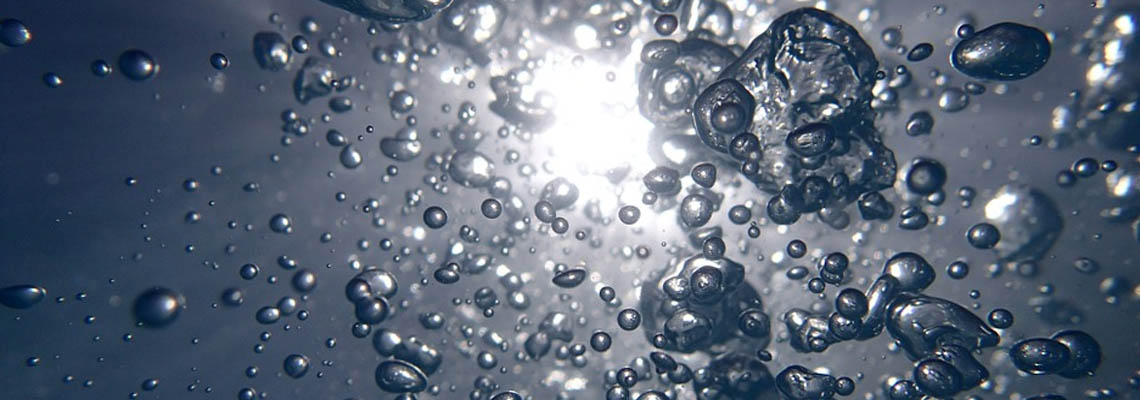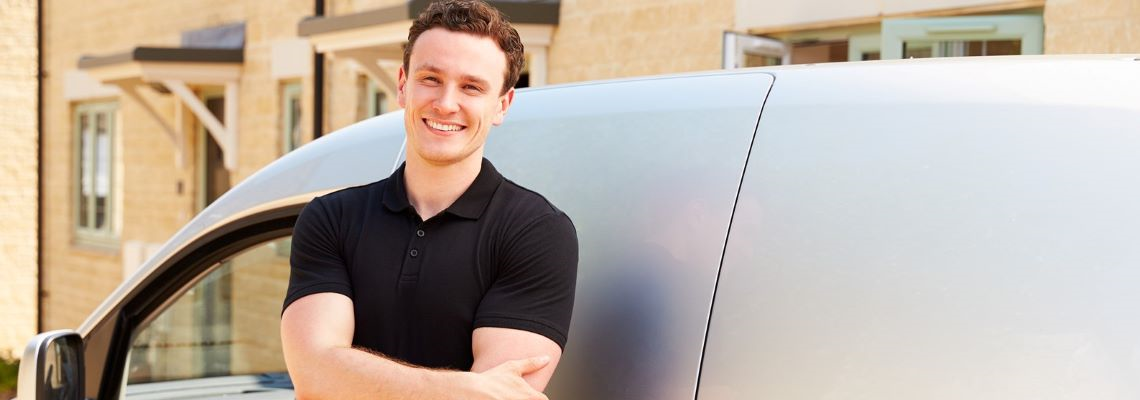Legionella is a type of bacteria that can cause Legionnaires’ disease and other conditions such as Pontiac fever and Lochgoilhead fever. The bacteria can be found in manmade water systems such as hot tubs, spas and hot & cold water systems. H&V News recently published that there are up to 400 cases of Legionnaires’ disease each year in the UK and Wales alone. Heating engineers can become qualified in the assessment and treatment of systems at high risk of Legionella to help prevent outbreaks of the resulting diseases.
How do people get exposed to Legionella?
Often outbreaks occur when people have been exposed to the bacteria in systems where the temperature is ideal for Legionella growth. People tend to contract Legionnaires’ disease because they have inhaled small droplets of water in the air which contain the bacteria.
How does Legionella affect HVAC systems?
Legionella bacteria can be found in some heating, ventilating, and air conditioning systems – larger scale systems pose the most risk but domestic/ residential HVAC systems can also have the bacteria. Some industry experts suggest that measures being taken for energy efficiency such as lowering water temperatures too much could increase the risk of Legionella growth as the bacteria thrives in temperatures between 20-45°C where nutrients are available.
Recent cases of Legionella outbreaks
Legionella has frequently been in the news and industry publications in recent months due to multiple outbreaks of Legionnaires’ disease in the UK. Faltec Europe, a factory in South Tyneside, has been one of the biggest cases – with an outbreak causing 5 cases of Legionnaires’ disease contracted by workers and civilians. The outbreak was traced to two onsite cooling towers where the Legionella was discovered, which have since been locked off.
One of the largest outbreaks in recent years was in 2012 when 24 people contracted the bug from a stagnant hot tub in a garden centre. This incident led to the death of 3 men, outlining the seriousness of the disease.
There have also been multiple cases of hospitals discovering Legionella bacteria in the water supply, leading to precautionary measures to prevent contraction of Legionnaires’ disease by patients.
What can installers do to protect against Legionella?
Learning more about Legionella and how to prevent it is key to ensuring the safety of both installers and the public. Plumbers and heating engineers can also take courses to learn more about and become qualified in Legionella risk assessment and water treatment. Obtaining this qualification can mean working with property owners to carry out checks and procedures to ensure their properties are compliant and not at risk of Legionella related outbreaks.
Some of the information in this article has been sourced from HSE.gov, where you can find further information and resources about Legionella and Legionnaires’ disease.





